According to a disturbing revelation shared by Juma G on X, Russia donated 70,000 tons of fertilizer to Kenya. This was a goodwill gesture meant to support farmers and boost food production.
But instead of the fertilizer reaching the farmers directly, something shady happened. The donation was allegedly handed over to Devki Group, a company owned by billionaire businessman Narendra Raval.
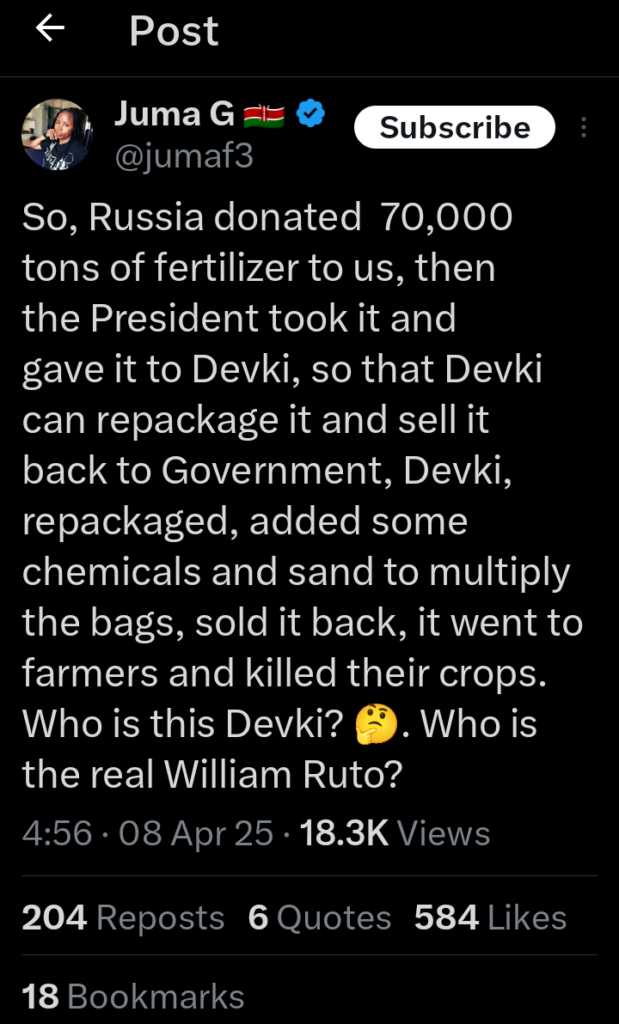
Devki then repackaged the fertilizer, mixed it with sand and chemicals to increase the quantity, and sold it back to the government. The government in turn distributed it to farmers.
Sadly, the result was a disaster crops were destroyed, livelihoods were ruined, and once again, ordinary Kenyans were left to suffer while the rich got richer.
This incident is not just about fake fertilizer. It speaks volumes about the kind of leadership in place and the networks of power that benefit from public resources.
Why would a donation from another country end up in the hands of a private company for profit? Why is a businessman allowed to tamper with something as sensitive as fertilizer, sell it to the government, and get away with it?
These are the questions Kenyans are now asking loudly. Narendra Raval has built a massive empire through his Devki Group, with investments in cement, steel, and other industries.
While he is often portrayed as a humble and generous businessman, this fertilizer scandal paints a very different picture.
It suggests greed, corruption, and abuse of state connections. This isn’t the first time the name Devki has been associated with government favoritism. In the past, Raval’s companies have been accused of dodging taxes, receiving questionable waivers, and benefiting from state-backed projects while smaller players are locked out.
What makes the situation even worse is the silence from top leadership. There’s no apology, no admission of wrongdoing, no attempt to take responsibility. Meanwhile, farmers who used the fake fertilizer are left to watch their crops rot in the fields.
No one is compensating them. No one is visiting their villages to explain what happened. It’s as if their suffering doesn’t matter.
The whole thing feels like a betrayal. Kenyans were promised change, honesty, and a focus on the common person. But what they are getting is repackaged corruption, literally.
A donation from a foreign country was turned into a money-making scheme. Devki made profits. The government looked the other way. And the people lost everything.
The public has a right to know what happened. Who authorized this deal? Who approved the fertilizer? Who got paid? And why is Narendra Raval always at the center of these stories when public money is involved?
Until these questions are answered, trust in leadership will continue to fade. This is no longer just about fertilizer, it’s about how deeply broken the system is, and how easily it sacrifices the poor for the benefit of a few.







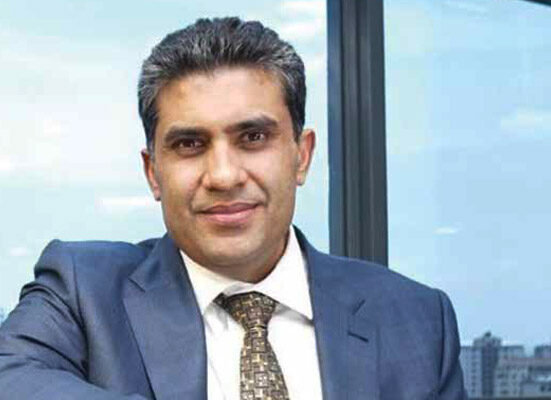
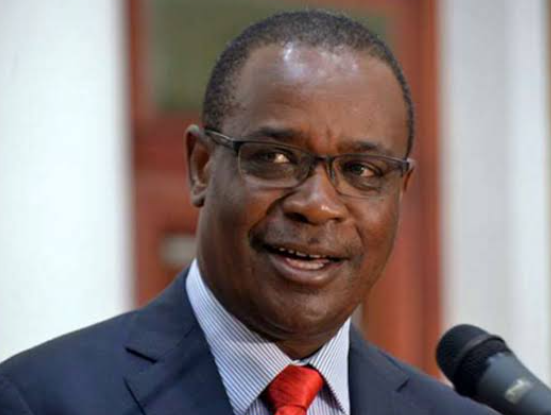
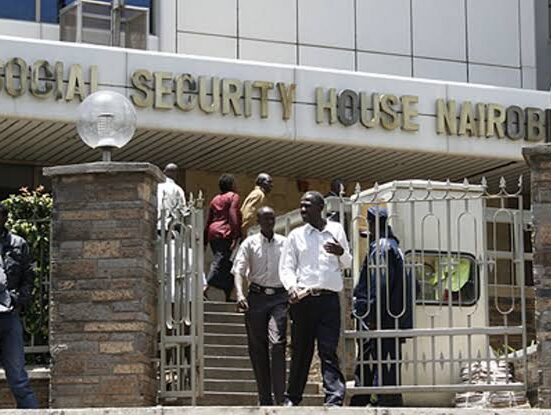
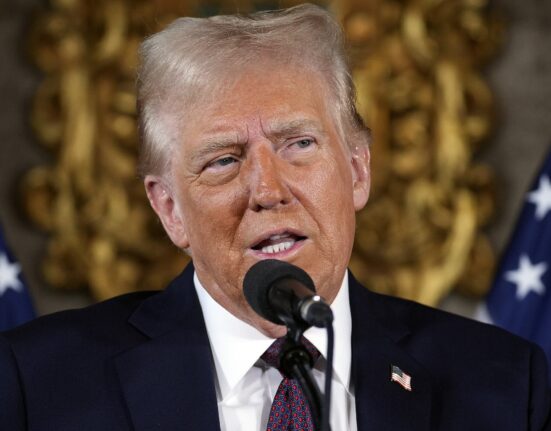
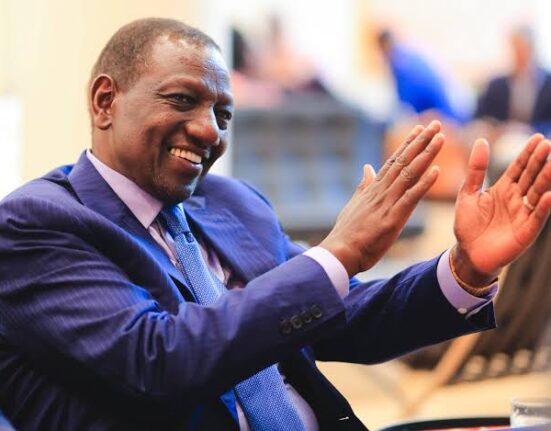

Leave feedback about this